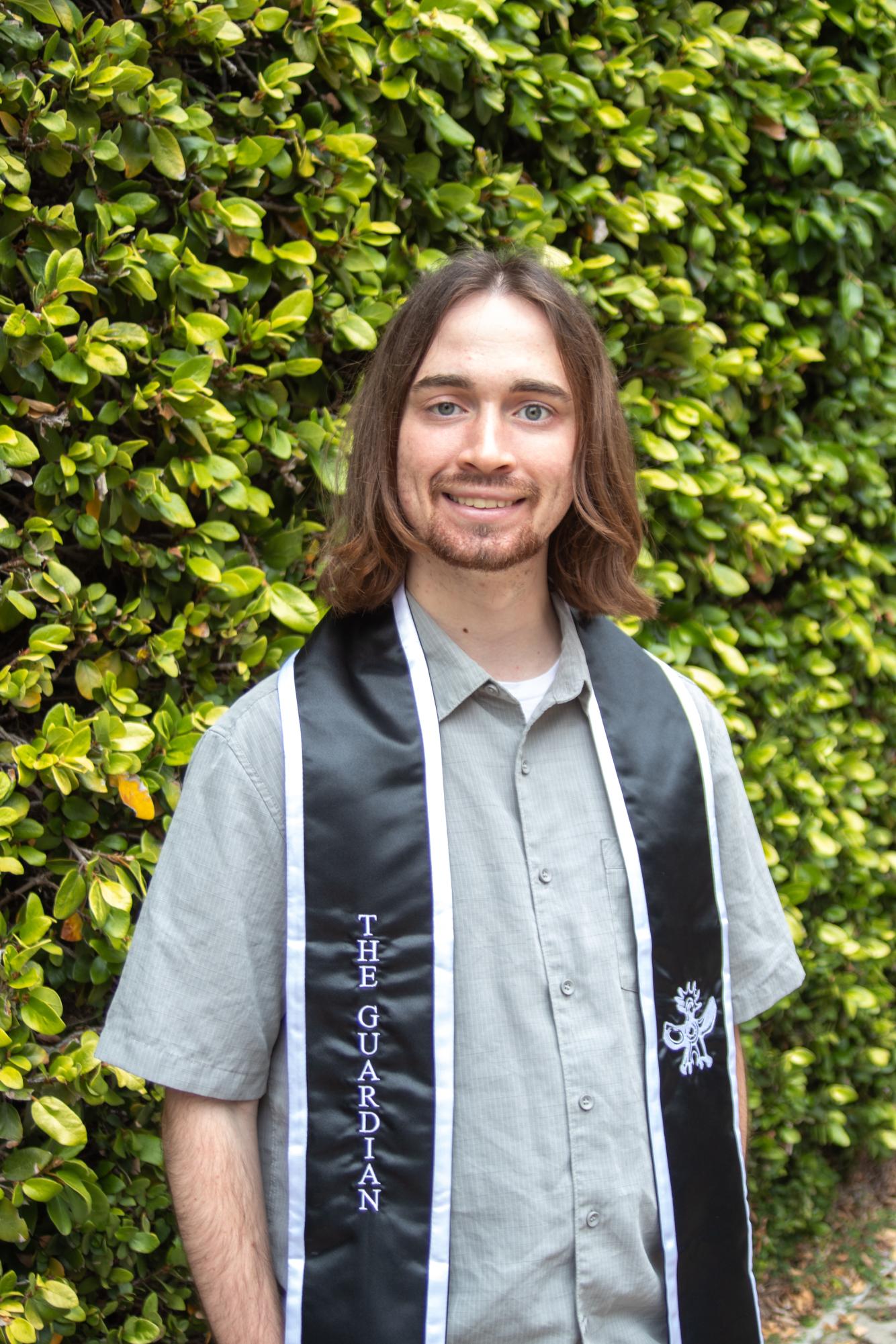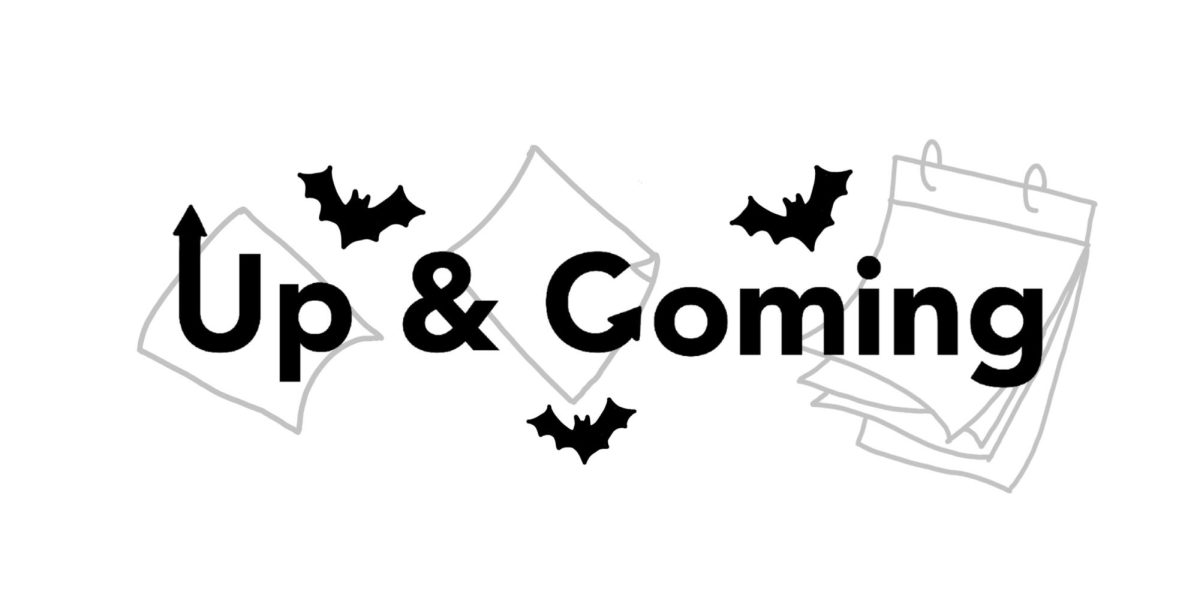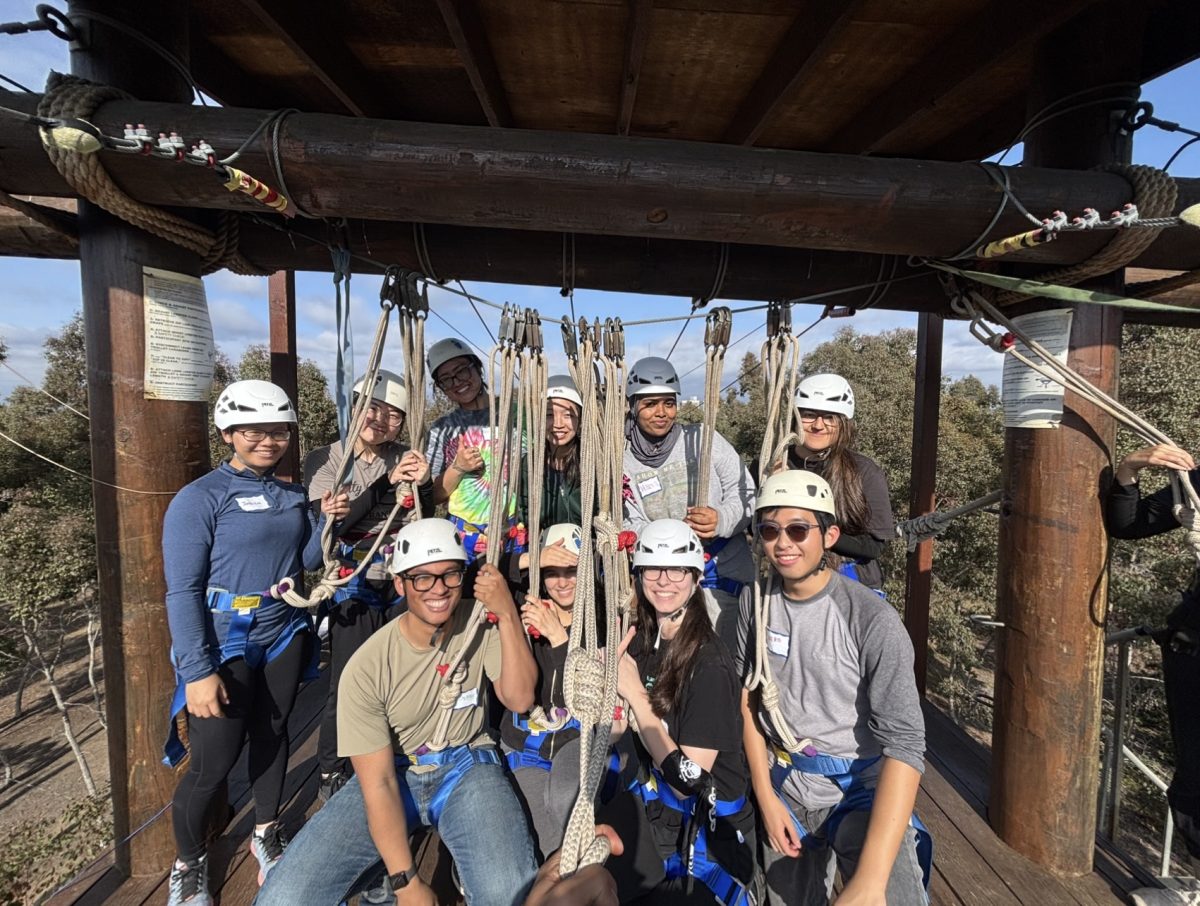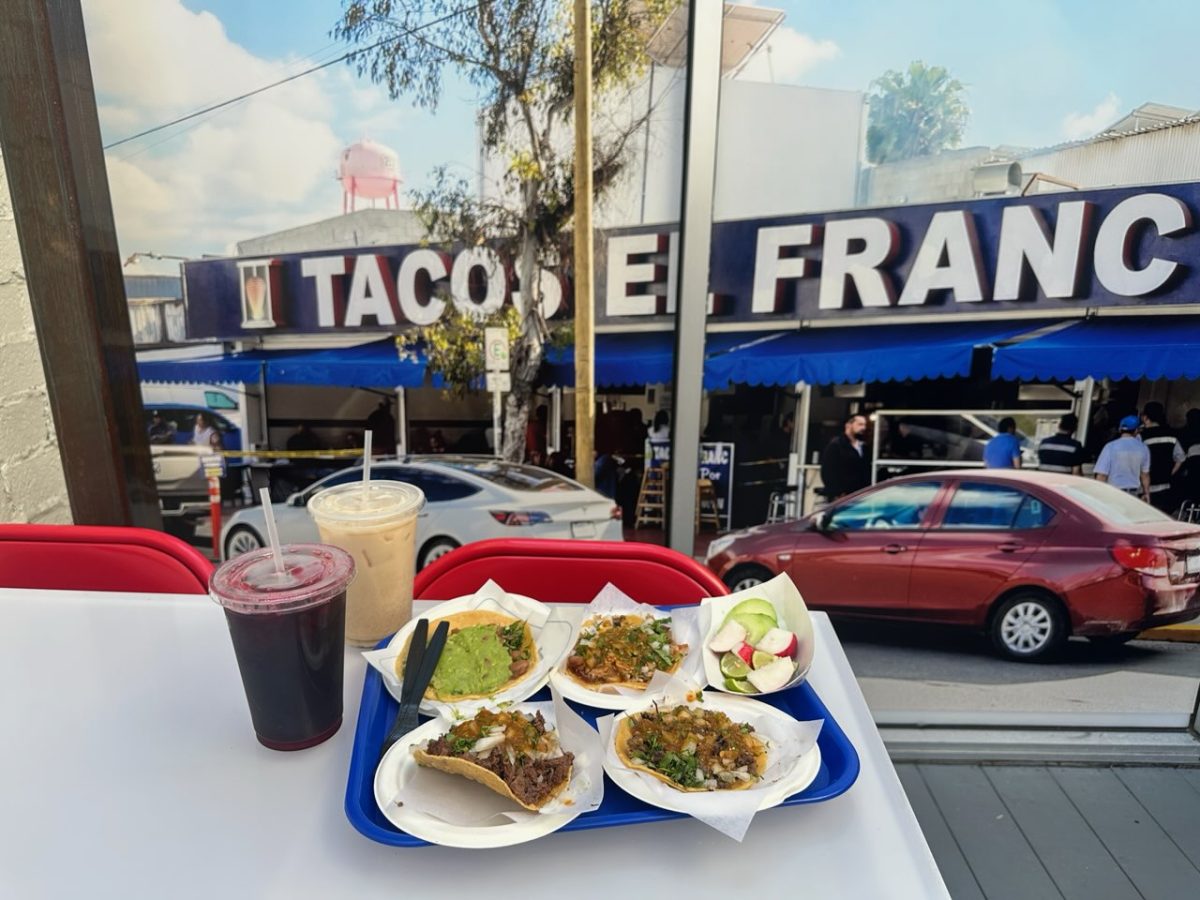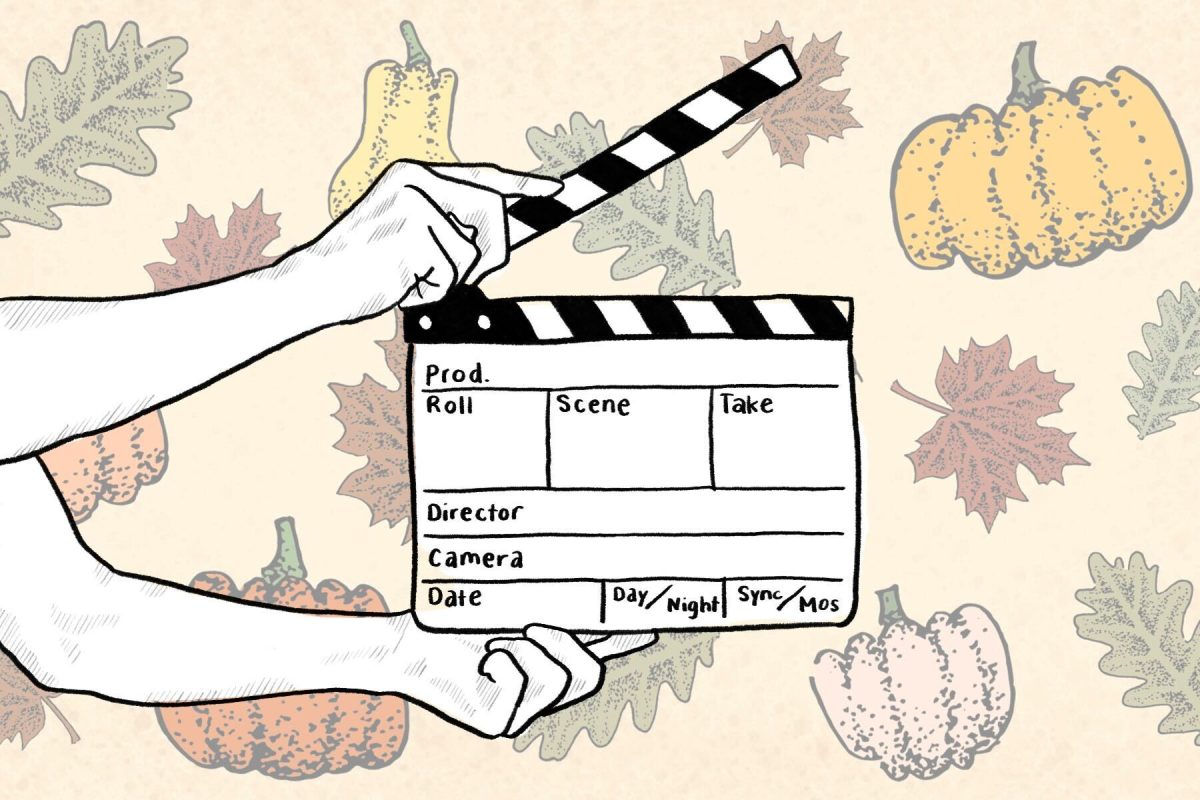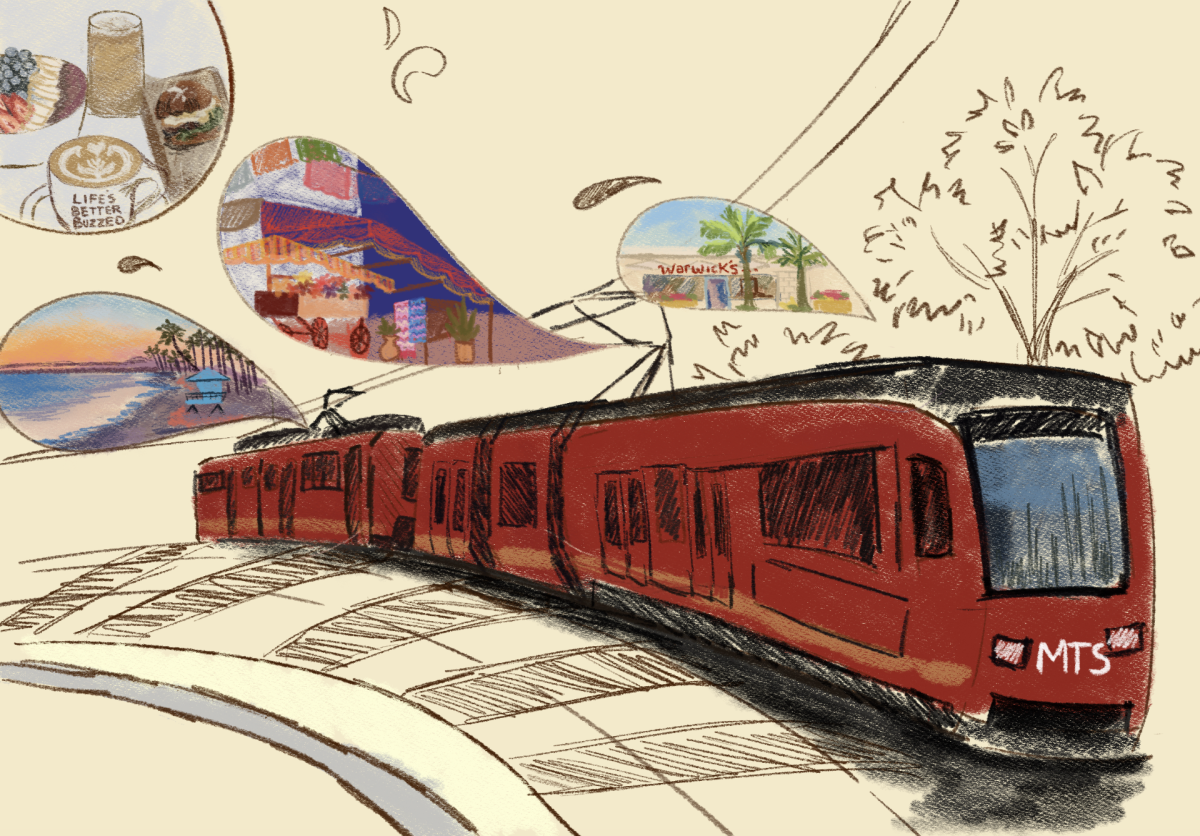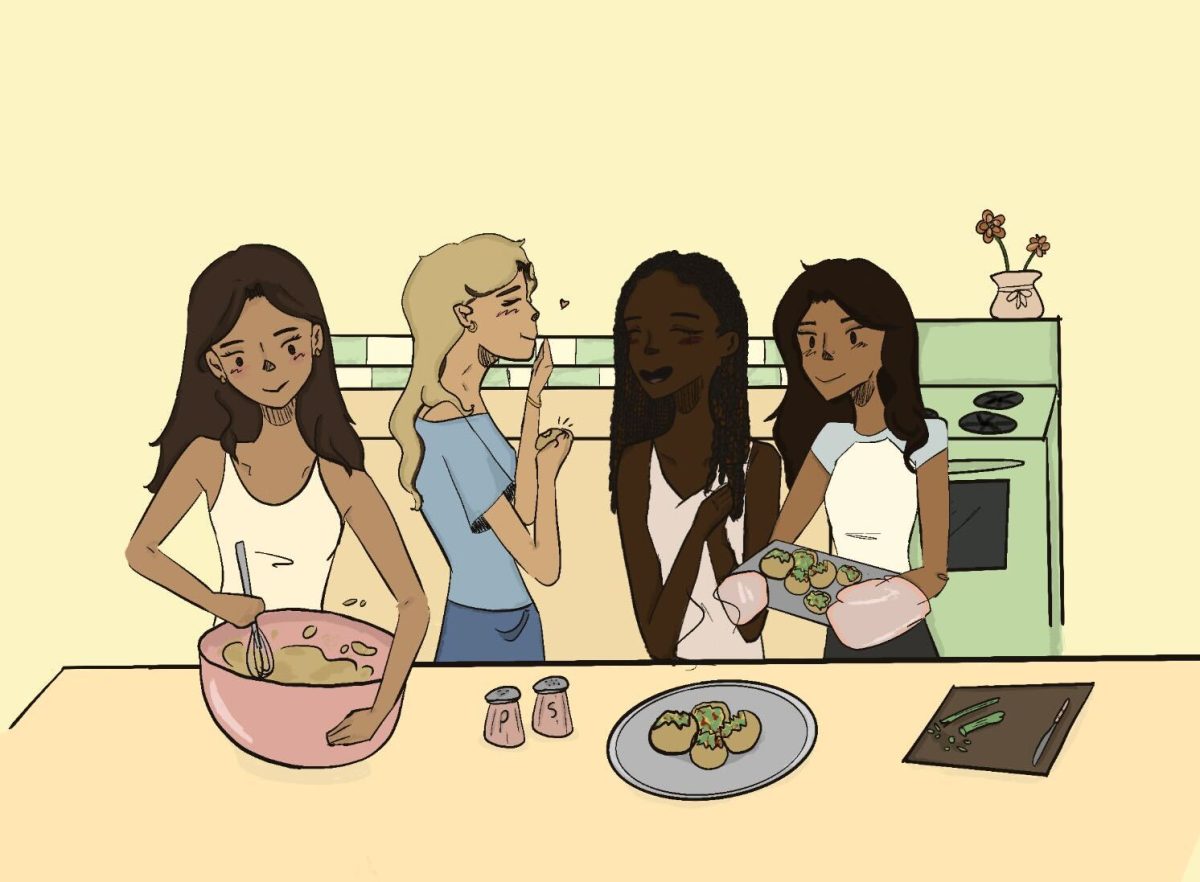I joined The Guardian after a year of staying in my dorm, in the midst of COVID and being socially anxious. I am graduating in Computer Science this year, but I always wanted to do more photojournalism after doing photography in high school.
So, I applied for the photo team. When I went to meet the editors to learn more, I was instantly welcomed with such kindness, and I had no idea that the people in the room would become such good friends.
I also wanted to contribute to the paper’s social media after running a meme page for several years (Yes, I know). Zara Irshad, the EIC at the time and now one of my best friends, helped me transition into marketing. She, along with Troy Tuquero, Jocelyn Brossia, Raymond Tran, and countless others all worked with me on ideas on how to make everything more equipped for social media. They also helped me learn how to write as I worked on several articles, and tried to contribute in every way I could. The Guardian office felt like my home on campus as a commuter student.
Meanwhile, artificial intelligence developed at the forefront of my college experience. Today, Generative AI in particular has come to the forefront of everything, including but not limited to writing, photography, coding, and journalism. All of my professors would make spurious comments about ChatGPT and coding.
It was well-timed that internet discourse centered around an AI image saying “All Eyes on Rafah” occurred last week. The whole thing brought about an intersection in my life with social media, the importance of journalism, and the ongoing trends of technology that I know will transform my future career path.
An article that never saw the light of day centered on an interview I had with a startup founder here at UCSD. Their company utilized ChatGPT to synthesize multiple articles into one, so that people could get summaries in one place.
If you are reading this, sorry for never following up. However, my experience with covering the Gaza Solidarity Encampment and the UAW strike, not to mention the countless other articles we published as a paper, showed me that there is no better source of truth than the people on the scene. No ChatGPT dilution can ever beat the truth behind the story.
It’s the same with the AI All Eyes on Rafah story. After the story got over 40 million reposts, many echoed similar sentiments to my own. Sharing AI images sanitizes the situation, taking away the voices that journalism seeks to actually promote.
In October 2021, the month I joined as a photographer, I had no intention of ever thinking about this as more than a hobby. As the months passed, one learns how encapsulating the experience of student journalism becomes, and my time in The Guardian always felt like an obsession that I held no shame about. I found a new purpose in helping uplift my friends’ articles and voices. I’ve learned so much about the work and coordination that goes into telling these stories, and how much pain and passion can be dulled or erased if the story isn’t told in the right way.
Please, keep supporting journalism, especially students.
Thank you to Zara and Jocelyn for being the EICs that helped me grow in this direction, and for working with me as I learned about this entirely different world compared to tech.
A huge thank you to everyone on our staff for their work this year, especially Sonia, Adalia, Kaitlin, and Elise for helping solve world peace. Thank you Ava for being my marketing pal.
Raymond, thank you for asking me to do this with you. You are one of the most incredible human beings I have ever met, and I know you will do great things. Work Husbands for life.
Vivian and Adalia, I know you guys will continue to take this paper in a great direction. Just remember to keep it fun!



